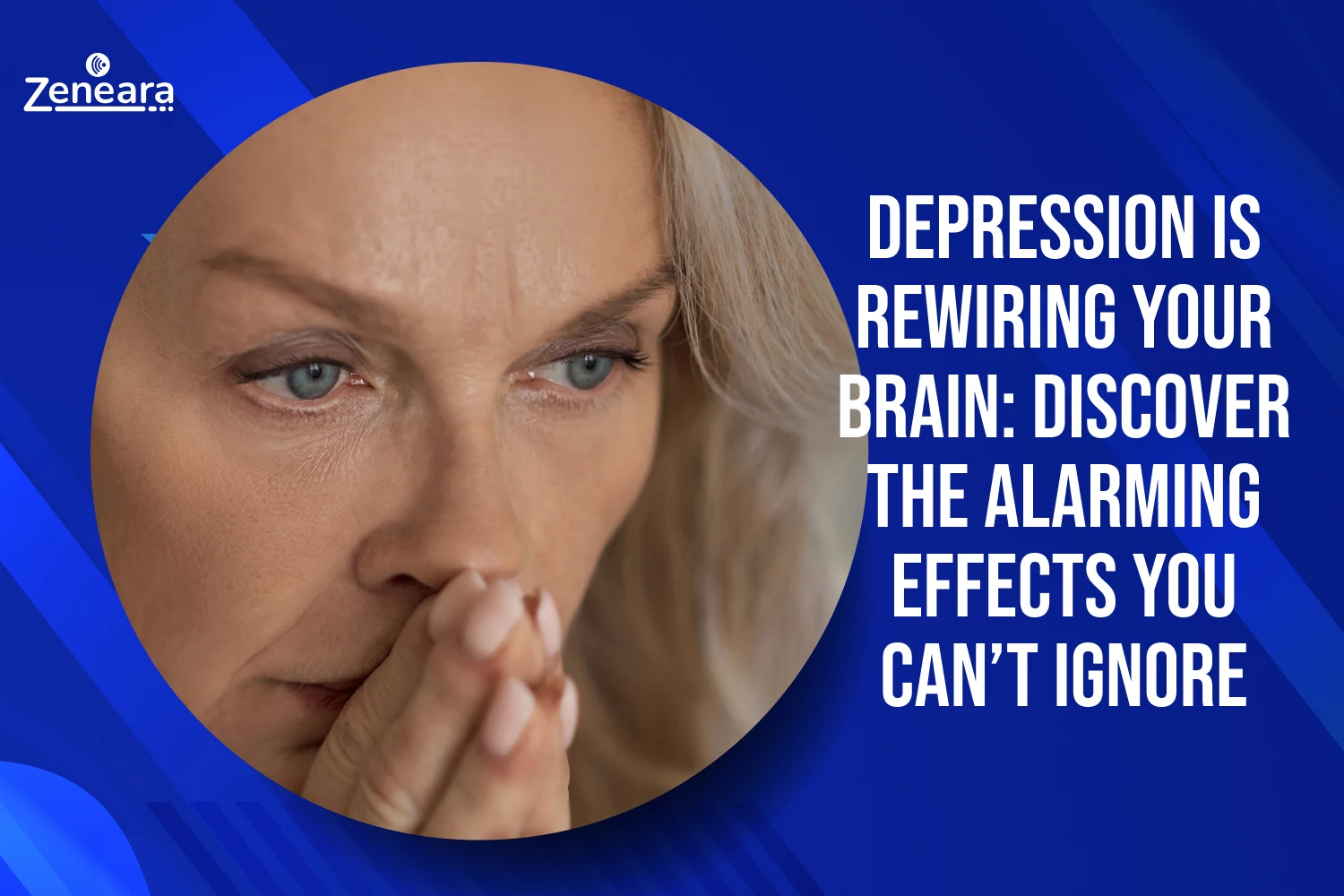Hey it’s James Barrett here!
I was shocked when I recently read that depression affects over 300 million people across the globe. That’s nearly 4% of the world’s population. But what’s even more shocking is the profound impact this mental health crisis has on our brain health.
Depression doesn’t just affect your mood… it’s a life-threatening condition that changes your brain—literally.
And for those of you dealing with tinnitus, this connection is even more critical.
The same changes in the brain that make depression so dangerous can also make your tinnitus worse.
Let me ask you…
Have you ever noticed that your tinnitus flares up during stress or sadness?
When your mind is clouded with anxiety, does that ringing seem to pierce through even louder?
I want to hear from you.
What’s your experience been like?
Share your story in the comments or reply directly—your insight could help others feel just as overwhelmed.
I’m not sharing this to scare you.
I’m sharing it because you deserve to know what’s happening in your mind and body.
My core belief is that by understanding the deeper connections between our mental and physical health, we can find real, lasting solutions.
And trust me, there is hope.
So, stick with me as we explore the connections between depression, brain health, and why it all matters more than you might think.
The Brain on Depression: A Closer Look

When you hear the word “depression,” you might think of it as just an emotional state—a mood that will pass. But the reality is far more alarming. Depression isn’t just a mental battle. It’s a condition that physically alters the structure of your brain.
Studies have shown that depression can shrink the hippocampus, the area of your brain responsible for memory and learning. It also affects the prefrontal cortex, which governs decision-making and emotional control.
These structural changes can make it much harder for your brain to filter out the noises associated with tinnitus, making that ringing even more persistent and intrusive.
But it’s not just about the structural changes.
Depression also alters your brain chemistry, specifically the levels of neurotransmitters like serotonin, norepinephrine, and dopamine.
These chemicals play a critical role in regulating mood and perception.
When they’re out of balance, not only does your mood plummet, but your brain’s ability to manage and suppress the perception of tinnitus diminishes.
You might wonder, “Why should I care about these brain changes?”
The answer is simple: understanding how depression affects your brain is crucial to addressing not just the symptoms of depression but its root causes.
If you’ve been struggling with depression, it’s essential to recognize that it’s not just a phase or something you can snap out of—it’s a condition that requires attention and care, much like any other serious health issue.
Steps You Can Take to Protect Your Brain Health

The good news is that by taking steps to improve your mental health, you can also protect your brain. Here are some practical actions you can take:
Seek Professional Help for Depression: If you suspect you’re dealing with depression, don’t hesitate to reach out to a healthcare professional. Therapy, particularly cognitive-behavioral therapy (CBT), has been proven effective in managing depression and its impact on the brain.
Focus on Brain Health: Engage in activities that support brain function, such as regular physical exercise, maintaining a healthy diet rich in omega-3 fatty acids, and getting adequate sleep. These activities help regulate neurotransmitters and support overall brain health.
Reduce Stress: Chronic stress is a significant contributor to both depression and brain health decline. Techniques such as mindfulness meditation, deep breathing exercises, and yoga can help reduce stress levels, promoting a healthier brain.
Build a Support Network: Depression can feel isolating, but connecting with others who understand what you’re going through can make a significant difference. Whether through support groups or online communities, sharing your experiences can reduce feelings of loneliness and provide new strategies for managing your mental health.
Whether you’re dealing with the relentless buzz of tinnitus or the heavy weight of depression, there are ways to reclaim your life.
Depression doesn’t just steal your joy—it alters the very fabric of your brain. But here’s the silver lining: by recognizing the profound impact that depression has on your brain health, you’re already taking the first step toward healing.
Understanding these connections gives you the power to make informed decisions about your mental and physical well-being.
Let’s prioritize our mental health, nurture our brains, and support each other. Because when you take care of your brain, you’re not just surviving—you’re thriving.
Until we meet again, keep striving for a life where your mind is as calm and clear as you deserve.





